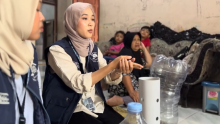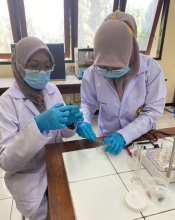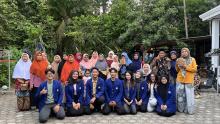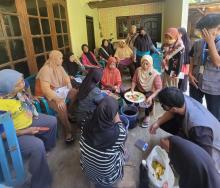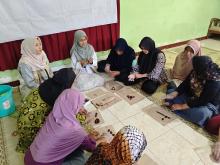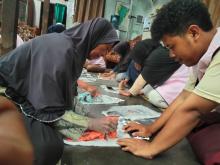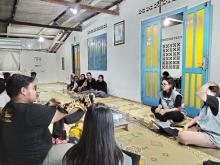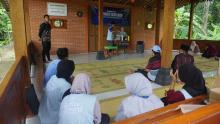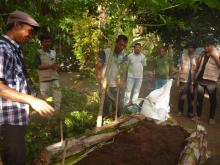UNY KKN Students Hold Demonstration of Biopore and Gallon Composters in Degolan
Submitted by admin on Mon, 02/23/2026 - 00:00Students participating in the Community Service Program (KKN) from Universitas Negeri Yogyakarta (UNY) carried out a community empowerment activity through a demonstration on managing organic waste using biopore absorption holes and gallon-based composters in Padukuhan Degolan, Kalurahan Bumirejo, Kapanewon Lendah, Kulon Progo Regency.
The activity was intended to increase villagers’ awareness of the importance of environmentally friendly organic household waste management and to support efforts to improve groundwater absorption capacity through biopore systems.

